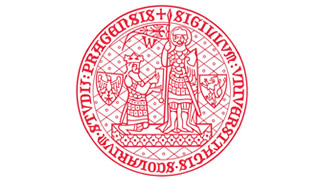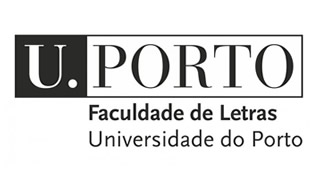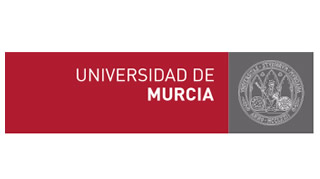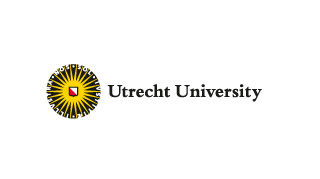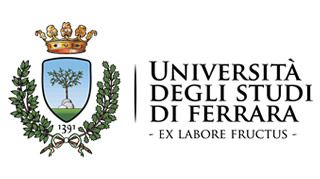Intellectual Output n°2: “Why New Faces”
PANEL SUMMARY
Panel n°2
Crisis – Then and Now
Andrew Hiscock’s presentation concentrated upon Pre-Reformation England. Taking as its focus primarily the second half of the fifteenth century and the first half of Henry VIII's reign, discussion focused upon cultures of Catholic worship across the Tudor realm and the ways in which religious leadership in terms of political, artistic and spiritual achievement might be identified in the years leading up to the monarchy's break with Rome. Particular emphasis was given to the vibrant community of humanists in the British kingdoms, the ongoing role of religious critique amongst late medieval and early Tudor writers and the growing sense of foreboding which accompanied the circulation of Luther's assertions on the island. While dissecting England and criticizing European colonialism fuelled by discoveries of new worlds, he imagines an island with towns designed according to Renaissance urban planning.
Paola Spinozzi examined Thomas More’s libellus aureus as a powerful critique of England under Henry VIII, expressed through direct references to contemporary history in the first book and by means of comparison with the ideal commonwealth in the second. Crisis is addressed from diverse, even contrasting perspectives encompassing private property and communism, despotism and autarchy, euthanasia and suicide. Over the centuries utopian and anti-utopian writers have speculated on rational perfectibility. In the twentieth and twenty-first century a new concept of “critical utopia” has retained the speculative approach to reality through estrangement stemming from More’s Utopia and expanded on the notion of pluralism and relativism. Looking back towards classical antiquity, rooted in the Renaissance and projected towards future history, oscillating between Englishness and universalism, More shaped early modern thought and anticipates future enquiries into crisis.
Luc Borot focused on crises in the mid-1650s and James Harrington’s Commonwealth of Oceana, published in 1656. It was an age of quick and deep political revolution, conjuring up deeply rooted values in the political culture of the British Isles, and obliterating other, equally deeply held principles in that political culture. This revolution, as all others, was intrinsically divisive. Nationally, confessionally, ideologically, and sociologically. Harrington was a committed republican and followed all ancient, medieval and early modern republicans in his hatred of one-man rule, oligarchy and above all, corruption. He tried both to identify why the revolution was happening and how to prevent its excessive duration by assigning constitutional means to pacify religious, social and constitutional dissent.




